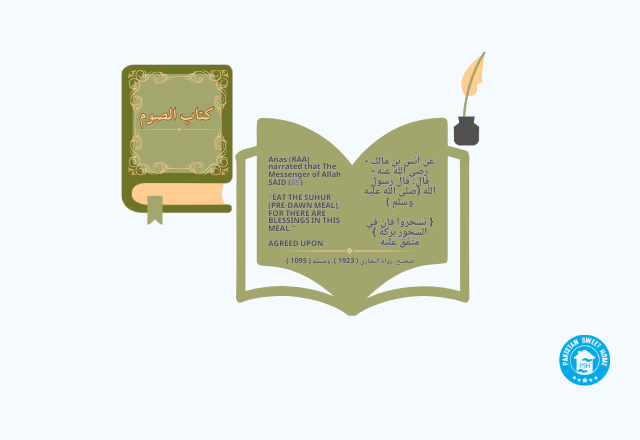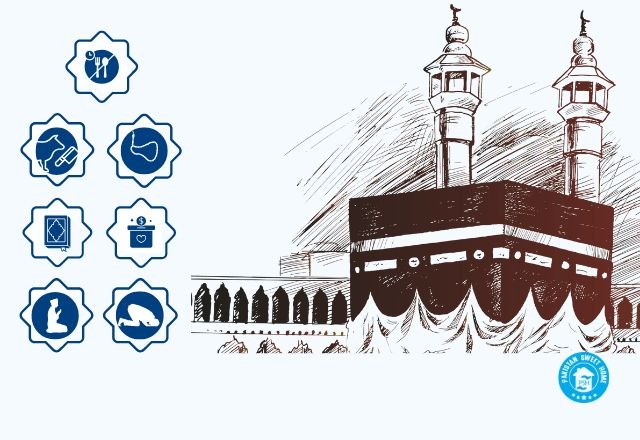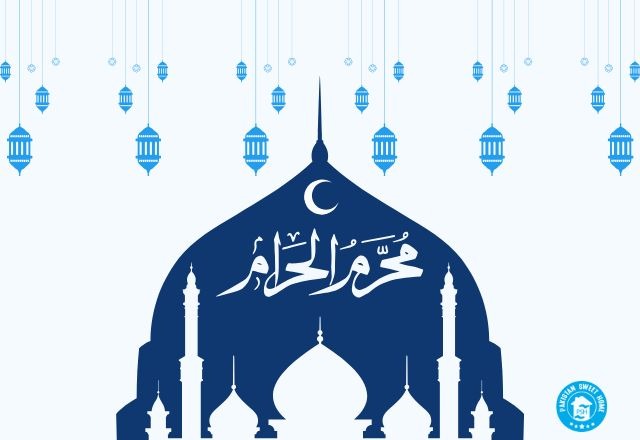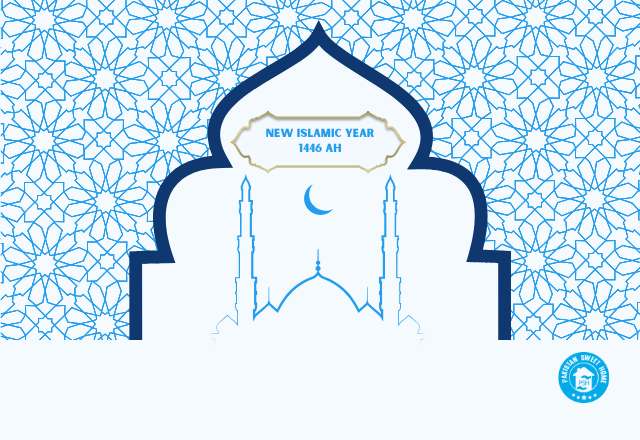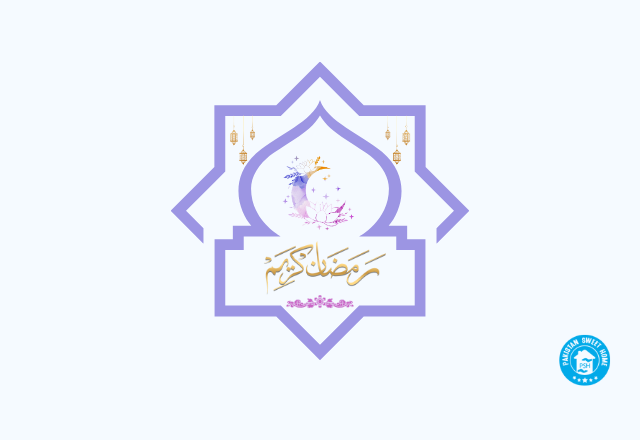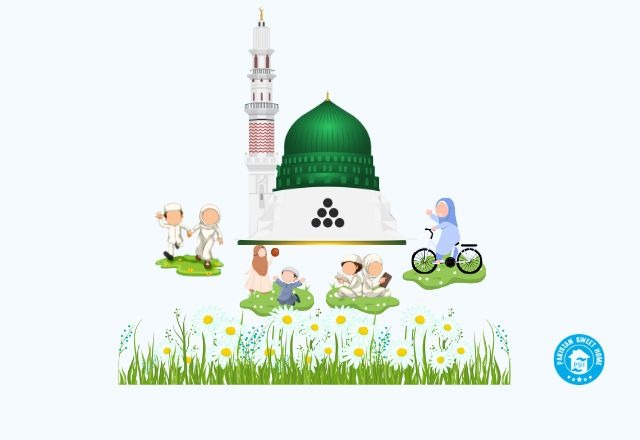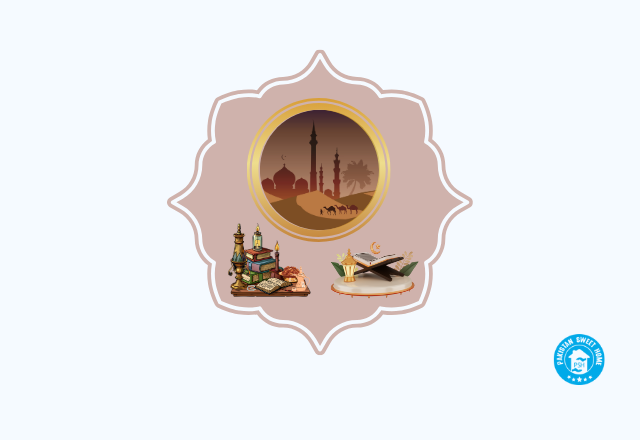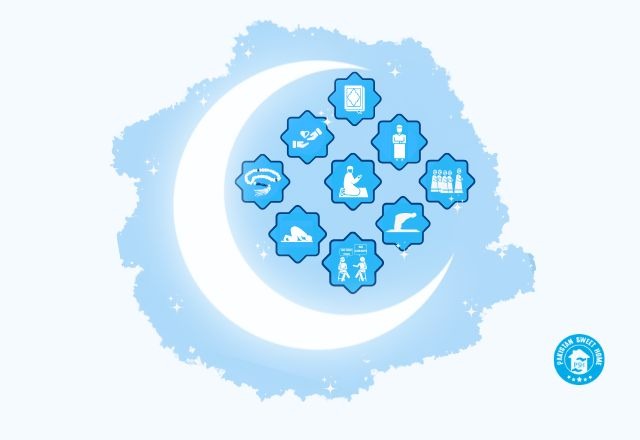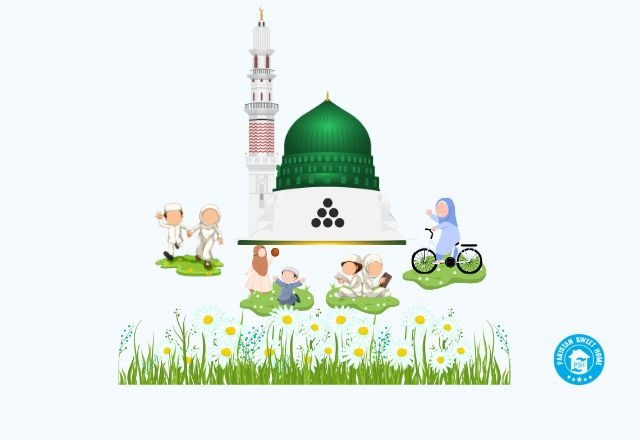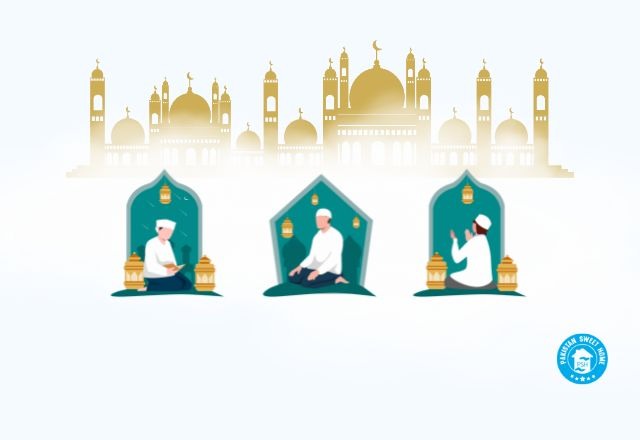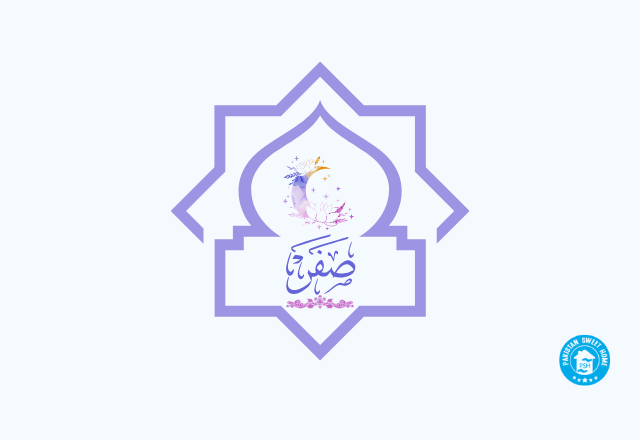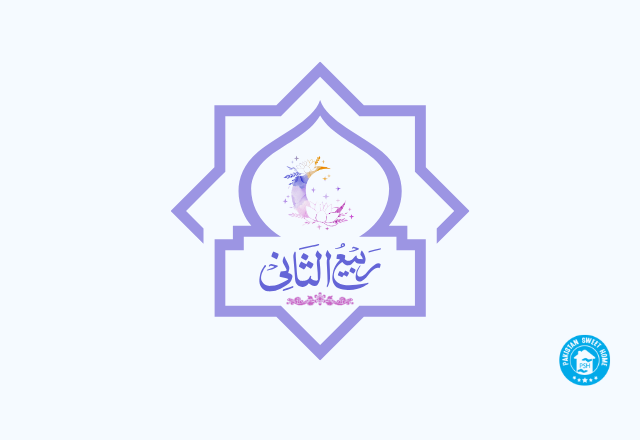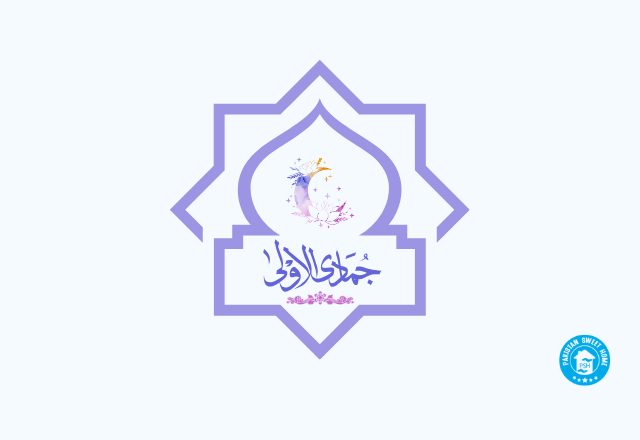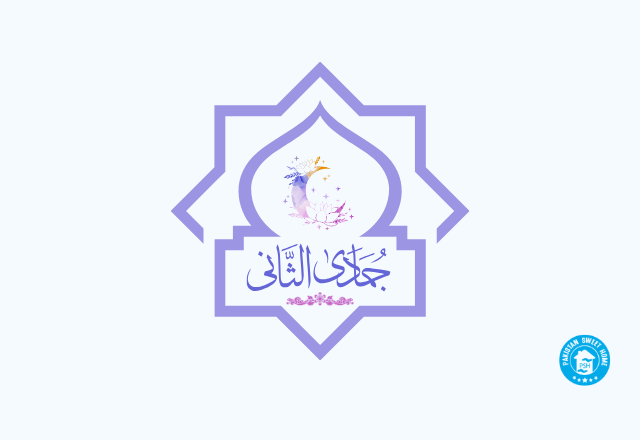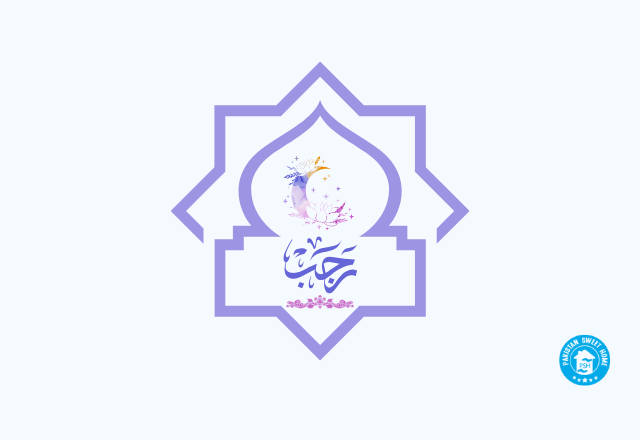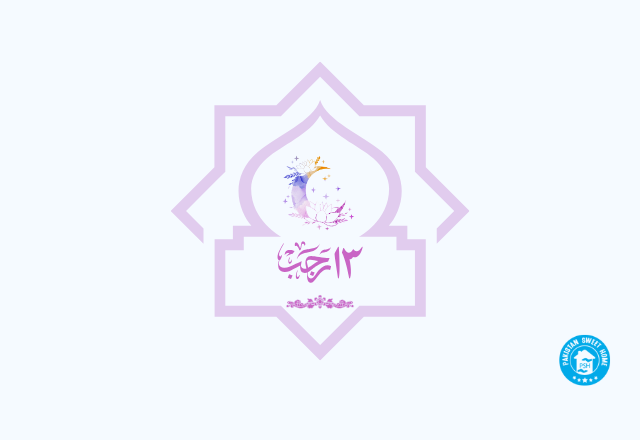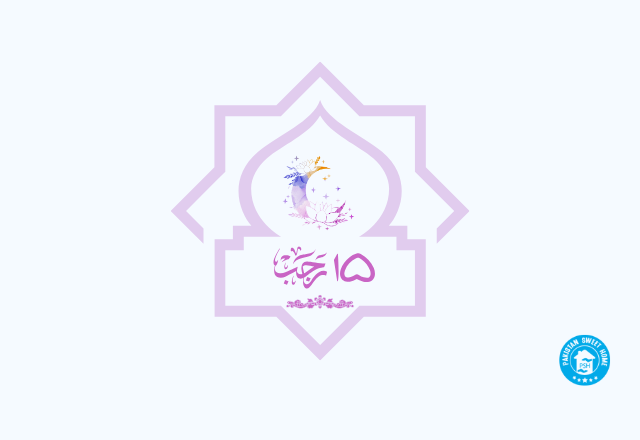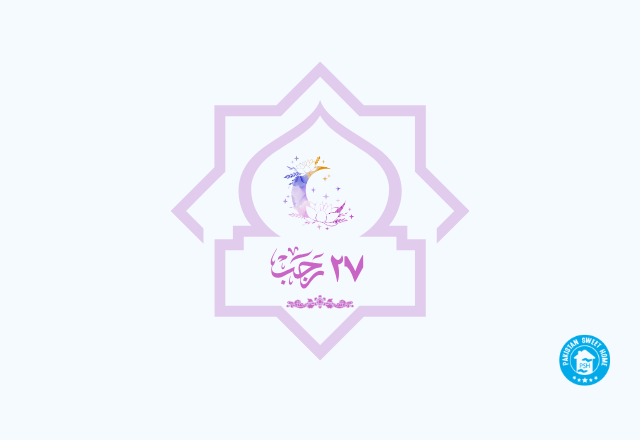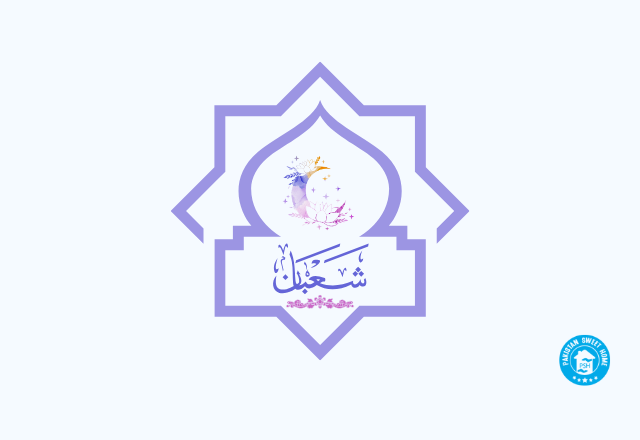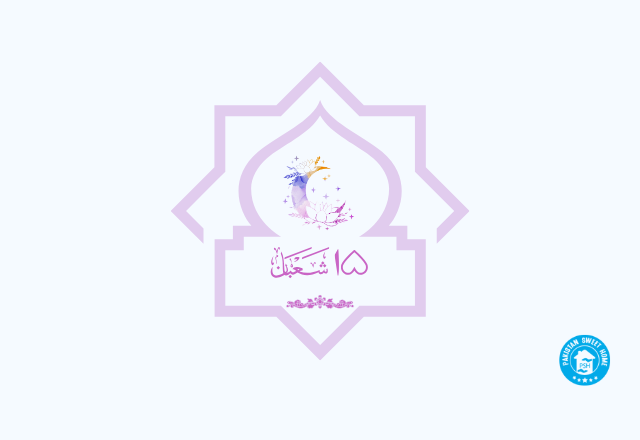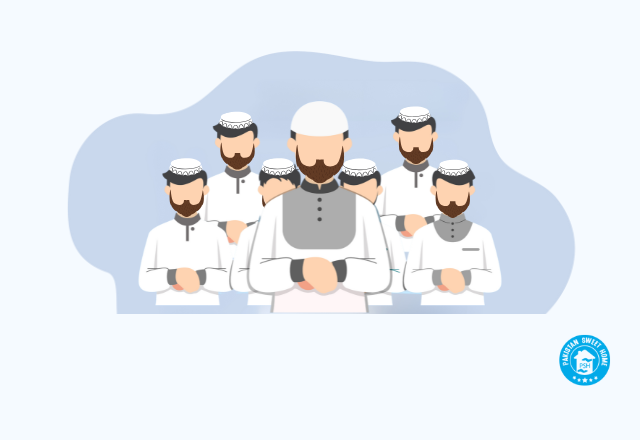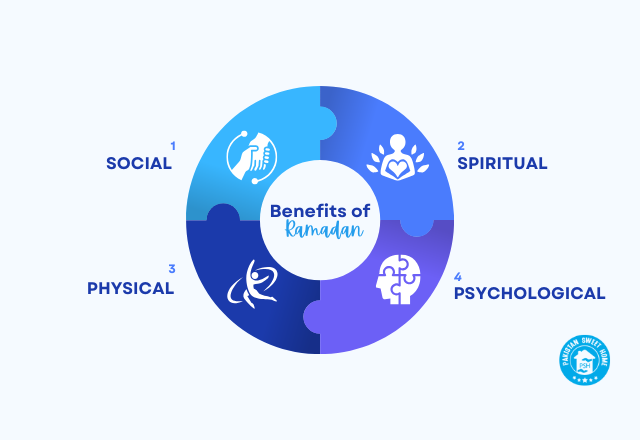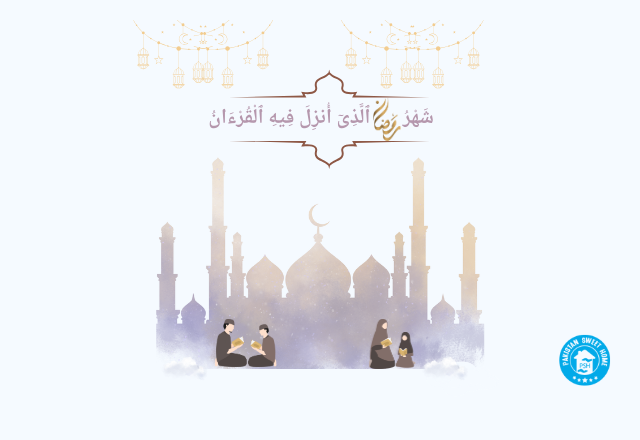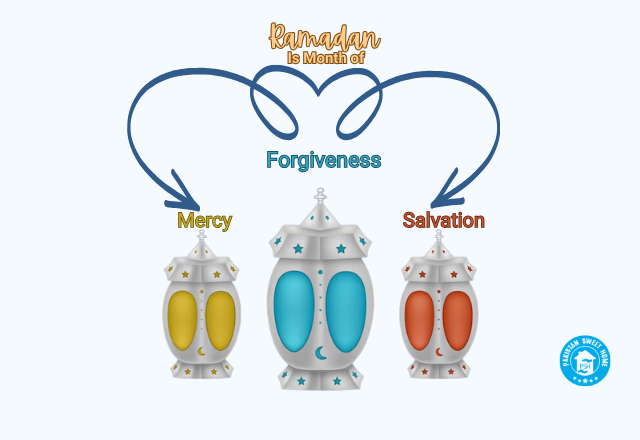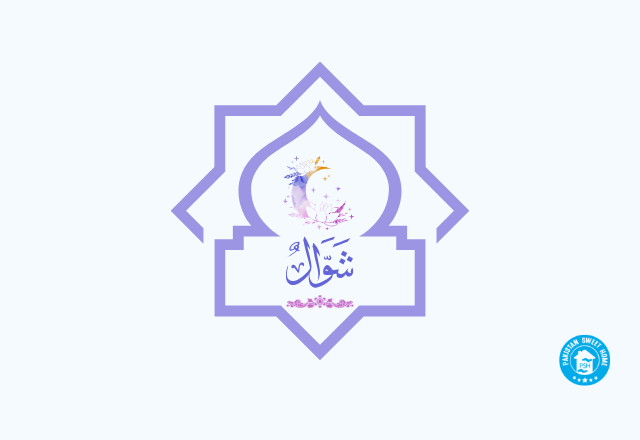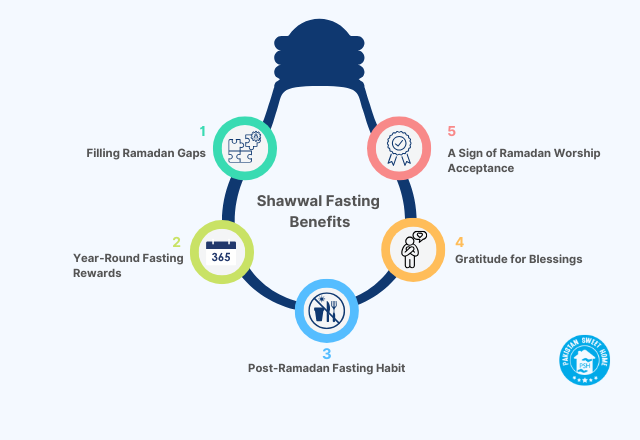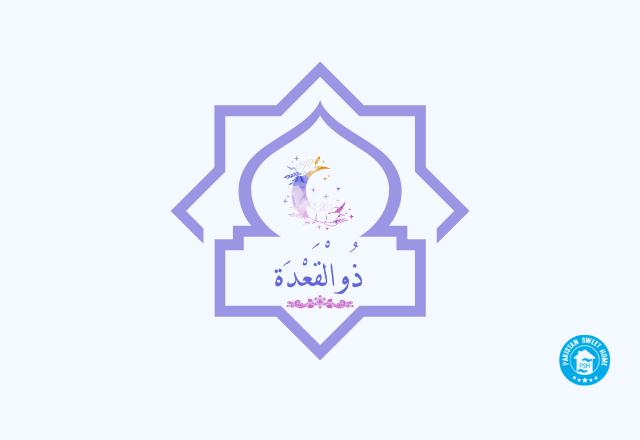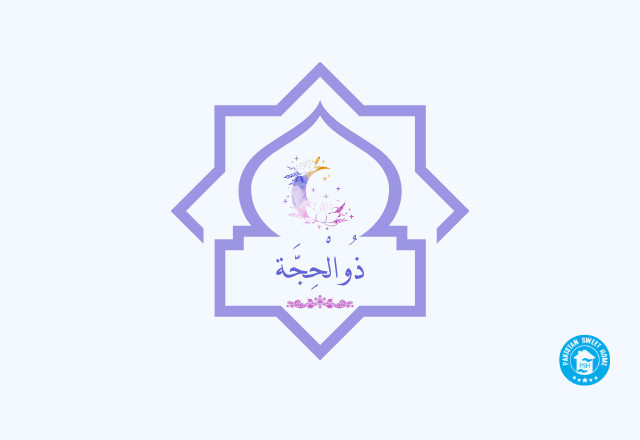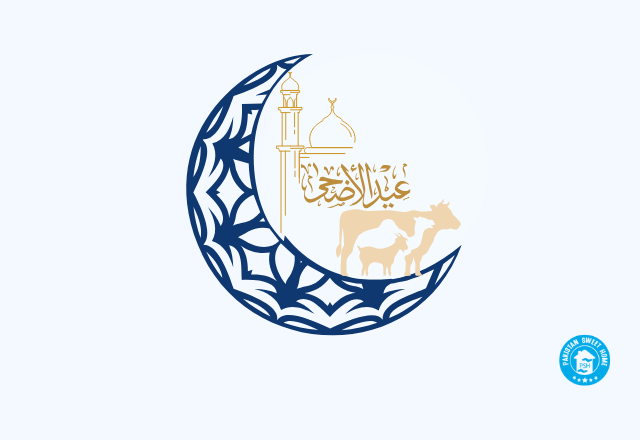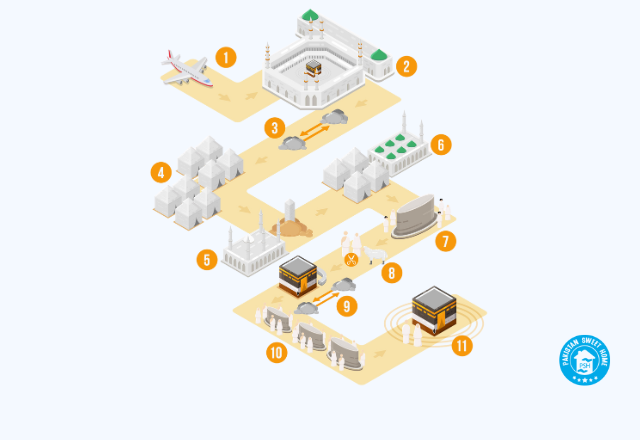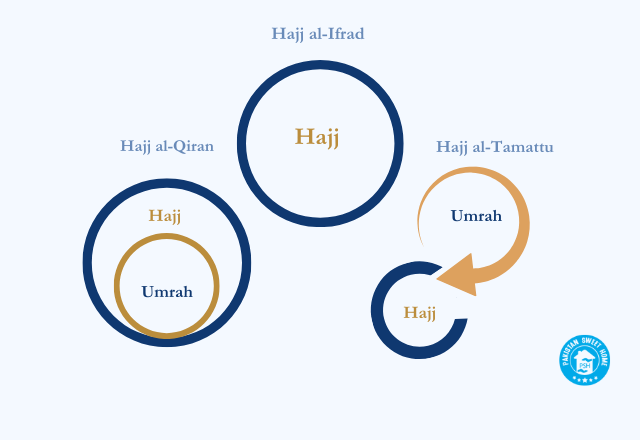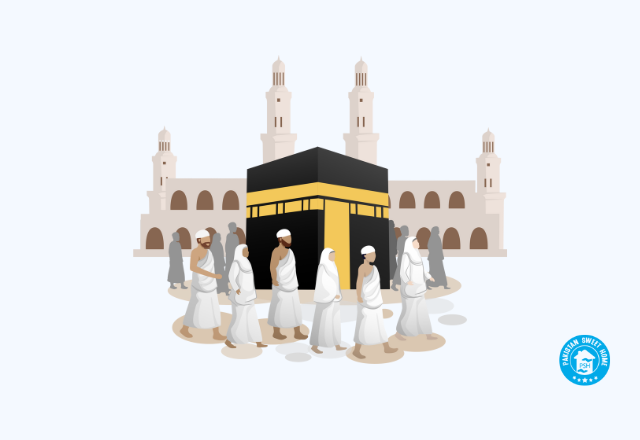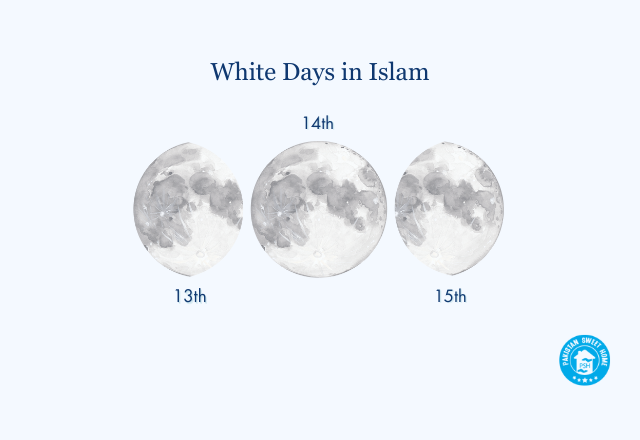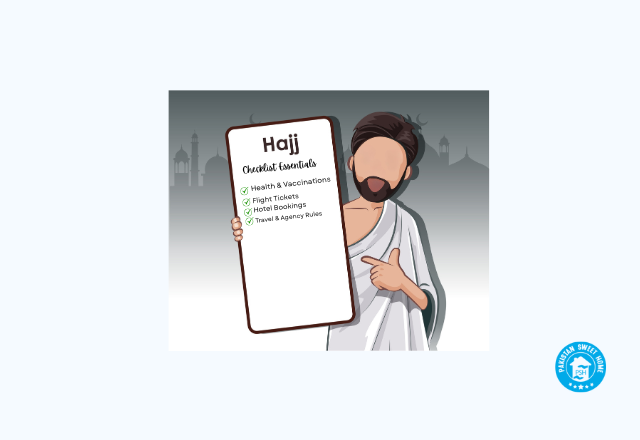Hadiths about Ramadan illuminate the blessings and significance of this sacred month in Islam.
These hadiths are collected from esteemed sources like Sahih Al Bukhari, Sunan Al Tirmidhi, and Sahih Ibn Hibban. They inspire Muslims to embrace the beauty and purpose of fasting.
These Prophetic teachings cover every aspect of Ramadan, inspiring Muslims to seek Allah’s mercy and blessings. They spark a renewed eagerness to honor Ramadan’s sacred days and deepen their faith.
Let’s explore the prophetic teachings about the month of mercy:
1. Starting of Ramadan
Abu Huraira reported that the Messenger of Allah (peace be upon him) said:
"When the month of Ramadan begins, the gates of Heaven are opened, the gates of Hell are closed, and the devils are chained."
Sahih al-Bukhari: 1899
Key Takeaways
Here is the wisdom behind the hadith about the beginning of Ramadan:
- Gates of Heaven: Ramadan is a time of immense blessing, symbolized by the opening of Heaven’s gates.
- Gates of Hell: During Ramadan, the gates of Hell are closed. This emphasizes a unique period of protection from sin and spiritual harm.
- Chaining of the Devils: The devils are restrained in Ramadan, making it easier for Muslims to control their desires.
- Significance of Ramadan: This hadith highlights the benefits of Ramadan, making it an ideal time for self-purification.
2. The Prophet’s Supplication Upon Seeing the New Moon
Talhah ibn ‘Ubayd reported that whenever the prophet (peace be upon him) would see the crescent moon, he would recite:
“O Allah, bring it upon us with blessings and faith, safety and Islam. My Lord and your Lord is Allah.”
Sunan al-Tirmidhi: 3451
Key Takeaways
Here is the wisdom behind the hadith about the seeing new moon of Islamic months:
- Supplication for Blessings: The Prophet (PBUH) would ask Allah to bring the new month with blessings.
- Focus on Faith and Safety: The dua emphasizes the values of faith and safety.
- Recognition of Allah: By addressing Allah as “My Lord and your Lord,” the supplication reinforces the oneness of Allah.
- Prepare for Ramadan: This hadith encourages Muslims to greet new periods with a prayerful mindset.
3. The Significance of Ramadan and Its Special Night
Anas ibn Malik reported: The Messenger of Allah (peace be upon him) said when the month of Ramadan began:
"Verily, this month has presented itself to you. There is a night within it that is better than a thousand months. Whoever is deprived of it has been deprived of all good. None is deprived of its good but that he is truly deprived."
Sunan Ibn Majah: 1644
Key Takeaways
Here is the wisdom behind the hadith about the night of decree in Ramadan:
- The arrival of Ramadan: The hadith emphasizes the significance of the month of Ramadan as a blessed time for Muslims.
- The Night of Decree: It highlights the existence of a special night within Ramadan that is more virtuous than a thousand months. It is often known as Laylat al-Qadr (the Night of Decree).
- Consequences of Deprivation: The hadith warns that those who miss out on the blessings of this night miss out on all good.
- Universal Availability of Goodness: It conveys that true deprivation comes from neglecting to pursue the blessings of Ramadan.
4. The Night of Decree and the Importance of Seeking Forgiveness
Aisha asked the Prophet (peace be upon him), "O Messenger of Allah, if I know which night is the Night of Decree, what should I say during it?"
He (peace be upon him) replied:
"Say: O Allah, You are the Most Forgiving, and You love to forgive, so forgive me."
Sunan al-Tirmidhi: 3513
Key Takeaways
Here is the wisdom behind the hadith about how fasting and the Quran will protect believers:
- Significance of Forgiveness: The Prophet (peace be upon him) emphasizes the importance of seeking forgiveness during this night, indicating its special status and the opportunity for mercy.
- Recommended Supplication: The prescribed supplication for the Night of Decree highlights Allah’s attributes of forgiveness and encourages believers to ask for pardon sincerely.
- Encouragement for Reflection: This hadith serves as a reminder for Muslims to take advantage of the Night of Decree by praying and seeking Allah’s mercy.
5. Fasting is One of the Five Pillars of Islam
Ibn Umar reported that the Messenger of Allah (peace be upon him) said:
"Islam is built upon five: to worship Allah and to disbelieve in what is worshiped besides Him, to establish prayer, to give charity, to perform Hajj pilgrimage to the House, and to fast the month of Ramadan."
Sahih al-Bukhari: 8
Key Takeaways
Here is the wisdom behind the hadith about the five pillars of Islam:
- Foundation of Faith: The hadith outlines the five fundamental pillars that form the foundation of Islam.
- Worshiping Allah Alone: Central to Islam is the worship of Allah alone, rejecting any form of idolatry or worship of others.
- Establishing Prayer: Performing regular prayers (Salah) is crucial for maintaining a direct connection with Allah.
- Charitable Giving: Giving Sadaqah and Zakat is emphasized to purify wealth and support those in need.
- Hajj Pilgrimage: The pilgrimage to the Kaaba in Mecca (Hajj) is a significant act of worship that all Muslims must perform at least once in their lifetime if possible.
- Fasting in Ramadan: Fasting during the month of Ramadan is highlighted as an essential practice for spiritual growth and self-discipline.
6. Fasting as a Pathway to Paradise
Abu Huraira reported that a Bedouin approached the Messenger of Allah (peace and blessings be upon him) and asked,
“O Messenger of Allah, please show me a deed that will grant me entry into Paradise.”
The Prophet (PBUH) replied:
"Worship Allah alone and do not associate anything with Him, establish the obligatory prayers, give the mandated charity, and observe the fast during the month of Ramadan.”
The man responded, “By Him in whose hand is my soul, I will neither add anything to it nor take anything away from it.” As the man turned to leave, the Prophet (PBUH) remarked:
"Whoever wishes to see a man from the people of Paradise should look at this one."
Sahih al-Bukhari: 1397
Key Takeaways
Here is the wisdom behind the hadith about fasting as a way to Jannah:
- Core Principles of Worship: The hadith emphasizes the essential acts of worship necessary for attaining Paradise, offering prayer, giving charity, and fasting during Ramadan.
- Commitment to Faith: The Bedouin's pledge to uphold the Prophet's instructions highlights the importance of sincere commitment. It underscores the need to follow these practices without alteration.
- Recognition of Righteousness: The Prophet's statement about the man being among the people of Paradise highlights the value of righteous deeds. It also reflects their recognition of the sight of Allah.
7. The Reward of Fasting and Standing for Prayer
Abu Huraira reported that two men from the tribe of Quda’ah embraced Islam with the Messenger of Allah (peace be upon him). One was martyred, while the other lived for another year.
Talha dreamed of Paradise and saw the one who lived longer entering before the martyr. Confused, he mentioned it to the Prophet, who responded,
“Did he not fast the month of Ramadan after him? And did he not perform around six thousand bowings in prayer throughout the year?”
Musnad Ahmad: 8399
Key Takeaways
Here is the wisdom behind the hadith about the rewards of fasting and offering prayer:
- Declaration of Faith: Testifying to the oneness of Allah and the Prophethood of Muhammad is fundamental and opens the door to numerous rewards.
- Acts of Worship: Performing the five daily prayers, giving alms, and fasting during Ramadan are essential practices that strengthen one’s faith and position in the community of believers.
- Honor Among the Truthful and Martyrs: Those who fulfill these obligations with sincerity are honored and counted among the truthful and martyrs, indicating their elevated spiritual status.
- Value of Life After Martyrdom: Continued good deeds, like fasting and extensive prayer, can elevate one’s status even if one lived longer than a martyr.
- Rewards of fasting and Prayer: Engaging in fasting during Ramadan and consistent prayer significantly enhances a believer's standing.
8. 700 Times Increase in Rewards
Abu Hurairah reported that the Messenger of Allah (peace be upon him) said:
"Every action performed by the son of Adam will be multiplied—good deeds by ten times their value, and up to 700 times.
However, fasting is an exception, as it belongs to Me, and I reward it accordingly. A person gives up his desires and food for My sake.
There are two occasions of joy for a fasting person: one when they break their fast and the other when they meet their Lord. Additionally, the breath of a fasting person is more pleasing to Allah than the scent of musk."
Sunan Ibn Majah: 1638
Key Takeaways
Here is the wisdom behind the hadith about the 700 increase in rewards:
- Multiplication of Good Deeds: All actions of a person are rewarded generously, with good deeds being multiplied by ten to up to 700 times, showcasing the immense value of righteous actions.
- Special Status of Fasting: Fasting holds a unique position as it is solely for Allah, who determines the reward for it.
- Self-Denial for Divine Reward: Fasting involves sacrificing one's desires and food for the sake of Allah.
- Joy in Fasting: A fasting person experiences joy twice—when they break their fast and when they ultimately meet Allah.
- Value of Fasting's Breath: The hadith underscores that even the breath of a fasting individual is cherished by Allah. This surpasses even pleasant scents, signifying the spiritual elevation associated with fasting.
9. Fasting in Ramadan and Shawwal
Abu Ayub (may Allah be pleased with him) reported that the Prophet (peace be upon him) said,
“Whoever fasts during Ramadan and then continues by fasting six days in Shawwal will receive the reward as if they have fasted for a lifetime.”
Jami at-Tirmidhi: 759
Key Takeaways
Here is the wisdom behind the hadith about the fasting in Ramadan and Shawwal:
- Fasting in Ramadan: Observing the fast during the month of Ramadan is a significant act of worship and devotion in Islam.
- Additional Fasting in Shawwal: Following Ramadan with an additional six days of fasting in the month of Shawwal enhances the spiritual rewards.
- Endless Reward: The hadith emphasizes that fasting Ramadan combined with the six days of Shawwal is equivalent to fasting for a lifetime, highlighting the immense blessings of these acts.
- Encouragement for Consistency: Muslims are encouraged to maintain their commitment to fasting beyond Ramadan to reap the spiritual benefits throughout the year.
10. Self-Discipline and Moral Conduct in Fasting
Abu Hurairah reported that the Prophet (peace be upon him) said,
"Fasting is a shield; so when one of you is fasting, he should neither indulge in obscene language nor raise his voice in anger. If someone attacks him or insults him, let him say: 'I am fasting!'"
Sunan Abi Dawud: 2363
Key Takeaways
Here is the wisdom behind the hadith about how fasting is a shield:
- Fasting as a Shield: Fasting serves as a protective barrier, encouraging self-control and moral behavior.
- Conduct During Fasting: Those who are fasting are urged to avoid using foul language and to manage their tempers, highlighting the importance of maintaining good character.
- Response to Provocation: In the face of insults or attacks, a fasting person should calmly declare their state of fasting, reinforcing the commitment to patience and restraint.
- Spiritual Growth: The hadith emphasizes that fasting is not only about abstaining from food and drink but also involves cultivating inner strength and discipline.
11. Expiation Through Prayers and Ramadan
Abu Hurairah reported that the Prophet (peace be upon him) said,
"The five daily prayers, the Friday prayer from one week to the next, and the Ramadan month from one year to the next serve to atone for the sins committed in between, as long as one avoids major sins."
Sahih Muslim: 233c
Key Takeaways
Here is the wisdom behind the hadith about how Ramadan expiate sins:
- Importance of Daily Prayers: The five daily prayers serve as a means to expiate sins, emphasizing the significance of regular worship in a Muslim's life.
- Friday Prayers as a Reset: The interval between one Friday prayer and the next also acts as an opportunity for forgiveness.
- Ramadan's Role in Forgiveness: The month of Ramadan provides a spiritual reset, allowing for the expiation of sins committed during the year.
- Condition of Avoiding Major Sins: While these acts of worship offer forgiveness, believers need to refrain from major sins to fully benefit from this divine mercy.
12. Forgiveness Through Night Prayers in Ramadan
Abu Hurairah reported that the Prophet (peace be upon him) said,
"Whoever stands (in the voluntary night prayer of) Ramadan out of faith and in hope of reward, his previous sins will be forgiven."
Sunan an-Nasa'i 5025
Key Takeaways
Here is the wisdom behind the hadith about how voluntary night prayer in Ramadan expiate sins:
- Significance of Night Prayer: Engaging in voluntary night prayers during Ramadan is highly encouraged and holds great spiritual importance.
- Intentions Matter: The act of performing night prayers should be done with sincere faith and the hope for Allah's reward.
- Forgiveness of Sins: One of the significant benefits of standing in prayer during Ramadan is the promise of forgiveness for past sins.
- Faithful Worship: This hadith serves as a motivation for Muslims to increase their worship in Ramadan.
13. Protection from Hellfire
Abu Saeed Al-Khudri (May Allah be pleased with him) reported that the Prophet Muhammad (peace be upon him) said,
"Whoever fasts for a single day for the sake of Allah, Allah will distance his face from the Hellfire by a journey of seventy years."
Sahih al-Bukhari: 2840
Key Takeaways
Here is the wisdom behind the hadith about how fasting protects from hellfire:
- Significance of Fasting: Fasting is highly valued in Islam, especially when done sincerely for Allah's sake.
- Protection from Hellfire: Fasting even one day can result in significant spiritual rewards, including protection from the Hellfire.
- Immense Distance: The hadith emphasizes the vast distance (seventy years' journey) by which Allah protects the believer's face from the Hellfire.
- Encouragement to Fast: This narration serves as a motivation for Muslims to engage in fasting and other acts of worship.
14. The Generosity of the Prophet Muhammad (PBUH) in Ramadan
Ibn Abbas (may Allah be pleased with him) reported that the Prophet Muhammad (PBUH) was the most generous person. His generosity increased during Ramadan, especially when Gabriel would visit him. Gabriel met with the Prophet each night in Ramadan to review the Qur'an, and during these encounters, the Messenger of Allah became even more generous than a swift wind.
Sahih al-Bukhari: 3554
Key Takeaways
Here is the wisdom behind the hadith about generosity in Ramadan:
- Unmatched Generosity: The Prophet Muhammad (PBUH) exemplified unparalleled generosity, particularly during the month of Ramadan.
- Increased Generosity in Ramadan: His generosity heightened in Ramadan, indicating the importance of giving during this blessed month.
- Spiritual Connection: The Prophet’s interactions with Gabriel during Ramadan reflect a deep spiritual engagement and commitment to the Qur'an.
- Encouragement to Give: This hadith serves as an inspiration for Muslims to increase their charitable acts like Sadaqah or Sadaqah Jariyah during Ramadan.
15. The Practice of I'tikaf
Abu Hurairah reported that the Prophet Muhammad (peace be upon him) would engage in i'tikaf, a spiritual retreat in the mosque. He (peace be upon him) used to stay for ten days each Ramadan. However, in the year of his passing, he extended his retreat to twenty days.
(Al-Bukhari)
Riyad as-Salihin: 1270
Key Takeaways
Here is the wisdom behind the hadith about doing Itikaf:
- Significance of I'tikaf: The Prophet's consistent practice of i'tikaf during Ramadan highlights its importance as a means of spiritual reflection and devotion.
- Duration of I'tikaf: The Prophet typically observed i'tikaf for ten days, but he increased this to twenty days in the year he passed away.
- Spiritual Retreat: I'tikaf allows Muslims to disconnect from worldly distractions and focus solely on prayer, and connection with Allah.
- Example for Believers: The Prophet's practice serves as a model for Muslims, encouraging them to engage in spiritual retreats and enhance their devotion during Ramadan.
16. Increased Worship During Ramadan
A’ishah (May Allah be pleased with her) narrated,
“The Messenger of Allah (peace be upon him) dedicated himself to worship more during Ramadan. This was more than at any other time of the year. In particular, he intensified his worship during the last ten nights of Ramadan compared to the earlier part of the month.”
(Sahih al-Muslim)
Riyad as-Salihin 1194
Key Takeaways
Here is the wisdom behind the hadith about increased worship during Ramadan:
- Enhanced Worship in Ramadan: The Prophet Muhammad (peace be upon him) exemplified increased devotion and effort in worship during the month of Ramadan.
- Focus on the Last Ten Nights: The last ten nights of Ramadan hold special significance, as the Prophet (peace be upon him) devoted even more time and energy to worship during this period.
- Model for Believers: Muslims are encouraged to follow the example of the Prophet (peace be upon him) by intensifying their worship and spiritual practices during Ramadan, especially in its final days.
17. Break the Fast Promptly
Sahl ibn Sa’d reported that the Messenger of Allah (peace be upon him) said:
"People will remain in goodness as long as they promptly break their fast."
Sahih al-Bukhari: 1957
Key Takeaways
Here is the wisdom behind the hadith about to break fast promptly:
- Importance of Promptness: The value of doing iftar immediately at sunset, highlights a practice that reflects obedience and devotion.
- Continuity of Goodness: It suggests that hastening to break the fast is associated with continued goodness in the lives of believers.
- Encouragement of Community Practices: The practice of breaking the fast together fosters a sense of shared experience among Muslims.
18. The Obligation of Zakat al-Fitr
Ibn Umar, may Allah be pleased with him,
"The Messenger of Allah, peace be upon him, made it mandatory to pay Zakat al-Fitr. This payment consists of a measure of dates or barley. It is required for all Muslims—whether free or enslaved, male or female, young or old. The Prophet instructed that this charity should be given before the people attend the Eid prayer."
Sahih al-Bukhari: 1503
Key Takeaways
Here is the wisdom behind the hadith about giving Zakat al-Fitr:
- Mandatory Charity: Zakat al-Fitr is an obligatory form of charity at the end of Ramadan.
- Universal Applicability: This obligation applies to all Muslims, regardless of their status—free or enslaved, male or female, young or old.
- Timing of Payment: Zakat al-Fitr must be paid before attending the Eid prayer to the needy.
- Fostering Community: The practice of Zakat al-Fitr strengthens community bonds by encouraging Muslims to support one another.
19. Fasting after Ramadan
Abu Huraira reported that the Messenger of Allah (peace be upon him) said:
"The best fasting after the month of Ramadan is the fasting in the month of Allah, Al-Muharram."
Sahih Muslim: 1163
Key Takeaways
Here is the wisdom behind the hadith about which month is better to fast after Ramadan:
- Encouragement of Fasting: The hadith highlights the importance of fasting during Al-Muharram, indicating it as a highly virtuous practice.
- Significance of Al-Muharram: The month of Al-Muharram is regarded as sacred and is directly associated with Allah.
- Continuity of Worship: Fasting beyond Ramadan is encouraged, promoting the idea that spiritual practices should continue throughout the year for sustained growth and devotion.
20. The Intercession of Fasting and the Qur'an
Abdullah ibn Amr narrated that the Prophet (peace be upon him) stated,
"On the Day of Judgment, Fasting and the Qur'an will advocate for Allah’s servant. Fasting will declare, 'O my Lord! I kept him from food and desires during the day, so please accept my intercession for him.'
Meanwhile, the Qur'an will say, 'O my Lord! I prevented him from sleeping at night, so please accept my intercession for him.' Both will be granted their intercession."
Mishkat al-Masabih: 1963
Key Takeaways
Here is the wisdom behind the hadith about how fasting and the Quran will protect believers:
- Intercession of Fasting and the Qur'an: Both fasting and the Qur'an have the power to intercede for believers on the Day of Judgment.
- Recognition of Sacrifice: Fasting acknowledges the sacrifices made by the believer during the day. It involves abstaining from food and desires.
- Nightly Commitment: The Qur'an highlights the efforts of the believer who dedicates time to reading and reflecting on its verses during the night.
- Divine Acceptance: The acts of a believer are represented by fasting and recitation of the Qur'an. These will be recognized and rewarded by Allah on the Day of Judgment.
21. Worship in Ramadan
Abu Huraira reported,
“The Messenger of Allah (PBUH) ascended the pulpit and repeatedly said, "Amin, Amin, Amin."
When asked about this, he explained that the Angel Gabriel had come to him and said:
“Whoever reaches the month of Ramadan without being forgiven will enter Hellfire, and Allah will distance him.
Say 'amin.' So I said 'Amin.'
He also said: Whoever has aging parents, one or both, and does not honor them will enter Hellfire, and Allah will distance him.
Say 'amin.' So I said 'Amin.'
Furthermore, whoever hears your name mentioned and does not send blessings upon you will also enter Hellfire, and Allah will distance him. Say 'amin.'
So I said 'Amin.’”
Al-Adab Al-Mufrad: 644
Key Takeaways
Here is the wisdom behind the hadith about the importance of doing worship during Ramadan:
- Forgiveness in Ramadan: The hadith emphasizes the significance of seeking forgiveness during Ramadan. This highlights that neglecting this opportunity can lead to severe consequences in the Hereafter.
- Respect for Parents: Honoring one’s parents is crucial; especially in their old age.
- Sending Blessings upon the Prophet: It is important to send blessings upon the Prophet Muhammad (PBUH) whenever his name is mentioned. This indicates that neglecting this act can lead to dire consequences.
22. Fidya for Fasting
Yahya reported from Malik,
“Anas ibn Malik used to pay fidya (compensation) when he became too old to fast. Malik stated that he does not see it as obligatory to do so; however, he prefers that a person fast when they are physically able.
For those who pay compensation, they should provide one mudd of food for each day of fasting missed. Use the measurement that the Prophet Muhammad (peace be upon him) used.”
Kitab as-sayyam: Hadith 51
Key Takeaways
Here is the wisdom behind the hadith about the fidya for fasting:
- Fidya for the Elderly: Paying fidya is an acceptable option for those who cannot fast due to old age.
- Preferable to Fast: Fasting when one is able is the preferred choice highlights the importance of fulfilling the fast when health permits.
- Compensation Guidelines: For those who choose to pay fidya, provide one mudd of food for each missed day. It is the prescribed compensation method.
- Understanding Obligations: The hadith clarifies that while fidya is permitted, it is not mandatory. The primary intention should be to observe fasting when capable.
23. Kaffarah for Broken Fast
Yahya reported from Malik, who narrated from Ibn Shihab. Ibn Shihab received it from Hunayd ibn Abd ar-Rahman ibn Awf, who relayed it from Abu Hurayra.
“A man broke his fast during Ramadan. The Messenger of Allah (PBUH) instructed him to make expiation (kaffara) by either freeing a slave, fasting for two consecutive months, or feeding sixty poor people.
The man replied, "I cannot do that." At that moment, someone brought a large basket of dates to the Messenger of Allah (PBUH), who said, "Take this and give it as charity."
The man then said, "O Messenger of Allah, there is no one more needy than I am." The Messenger of Allah (PBUH) laughed until his teeth showed and then said, "Eat them."
Kitab as-sayyam: Hadith 28
Key Takeaways
Here is the wisdom behind the hadith about the Kaffarah for fasting:
- Importance of Expiation: When a fast is broken during Ramadan, it is essential to perform expiation. It demonstrates the significance of fasting and its rules in Islam.
- Prophet (PBUH) Compassion: The reaction of the Messenger of Allah (peace be upon him) shows his kindness and understanding.
- Encouragement to Share: Even in times of personal need, the act of giving and sharing is encouraged.
- Humility in Need: The man’s admission of his neediness teaches humility and the importance of seeking help.
24. The Blessings of Suhoor in Fasting
Anas ibn Malik reported that the Messenger of Allah (PBUH) said,
“Have the pre-fasting meal (Suhoor), for there are indeed blessings in it.”
Sahih al-Bukhari: 1923
Key Takeaways
Here is the wisdom behind the hadith about the importance of Suhoor in Ramadan:
- Suhoor as a Blessed Act: Taking the pre-dawn meal, or Suhoor, is emphasized as an act filled with blessings.
- Encouragement for Suhoor: Muslims are encouraged to partake in Suhoor, even if it’s a small meal. It's a means of gaining spiritual and physical strength for fasting.
- Fasting Preparation: This Hadith highlights Suhoor as a Prophetic tradition that prepares believers for a day of fasting.
25. The Prophet’s Devotion to Quran Review and Seclusion in Ramadan
Abu Huraira (may Allah be pleased with him) reported,
“The Prophet (PBUH) would review the Quran once every Ramadan. In the year of his passing, however, he reviewed it twice.
Each year, He (PBUH) also observed a ten-day spiritual retreat (i'tikaf) in the mosque. He (PBUH) extends this seclusion to twenty days in the final year of his life.”
Sahih al-Bukhari: 4998
Key Takeaways
Here is the wisdom behind the hadith about the importance of reciting the Quran during Ramadan:
- Annual Quran Review in Ramadan: The Prophet (PBUH) regularly recited and reviewed the Quran each Ramadan. This shows the importance of reconnecting with the Quran during this sacred month.
- Increased Devotion in the Final Year: In his last year, the Prophet (PBUH) reviewed the Quran twice and extended his i'tikaf to twenty days.
- Importance of Seclusion: The practice of i'tikaf, or spiritual retreat, signifies the value of dedicated worship, reflection, and connection with Allah, especially during Ramadan.
- Legacy of Devotion: This hadith inspires Muslims to prioritize Quran recitation and personal worship during Ramadan.
In conclusion, exploring the hadiths about Ramadan reveals the profound depth of this sacred month. It inspires believers to embrace its practices with sincerity and devotion.
Each hadith highlights the virtues of fasting, prayer, suhoor, charity, and spiritual reflection. These teachings guide Muslims in deepening their connection with Allah.
By following these timeless Prophetic teachings, we not only fulfill our religious obligations but also enrich our souls. These hadiths foster a renewed sense of purpose, compassion, and faith.
Making an orphanage donation online is a quick and impactful way to support Pakistan Sweet Home. With just a few clicks, you can contribute to the well-being of orphans, ensuring they receive the care and support they deserve. Online donations offer an easy path to making a positive difference.
Let’s Help Orphans Build a Brighter Future!
Ali Raza holds a Master of Arts in Islamic Studies and is an expert in Islamic theology and jurisprudence. Specializing in Zakat, Sadaqah, and other Islamic donations, Ali's writings provide valuable insights into the religious and ethical aspects of charity. His work for Pakistan Sweet Homes aims to educate and inspire readers to support orphan care and charitable initiatives, making him a key contributor to the organization's mission.
Ali Raza holds a Master of Arts in Islamic Studies and is an expert in Islamic theology and jurisprudence. Specializing in Zakat, Sadaqah, and other Islamic donations, Ali's writings provide valuable insights into the religious and ethical aspects of charity. His work for Pakistan Sweet Homes aims to educate and inspire readers to support orphan care and charitable initiatives, making him a key contributor to the organization's mission.

info@pakistansweethome.org.pk
(051) 4865856
+92 335 1118477



